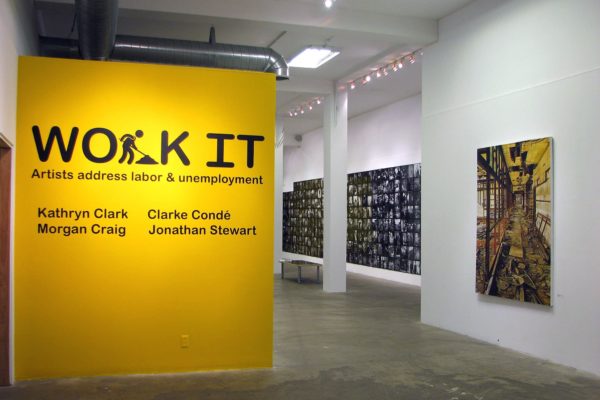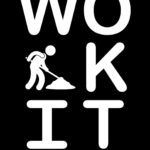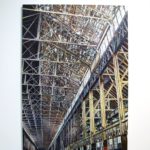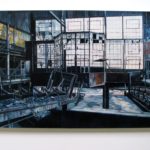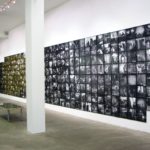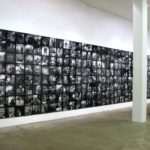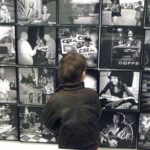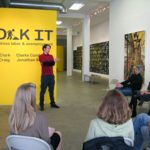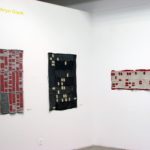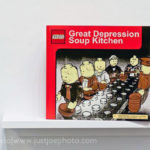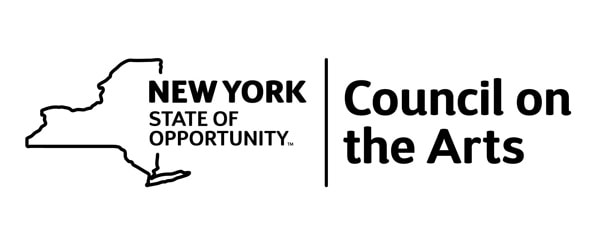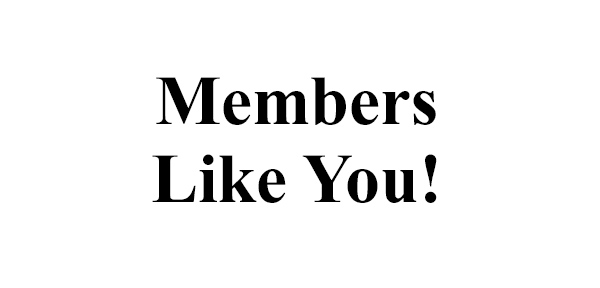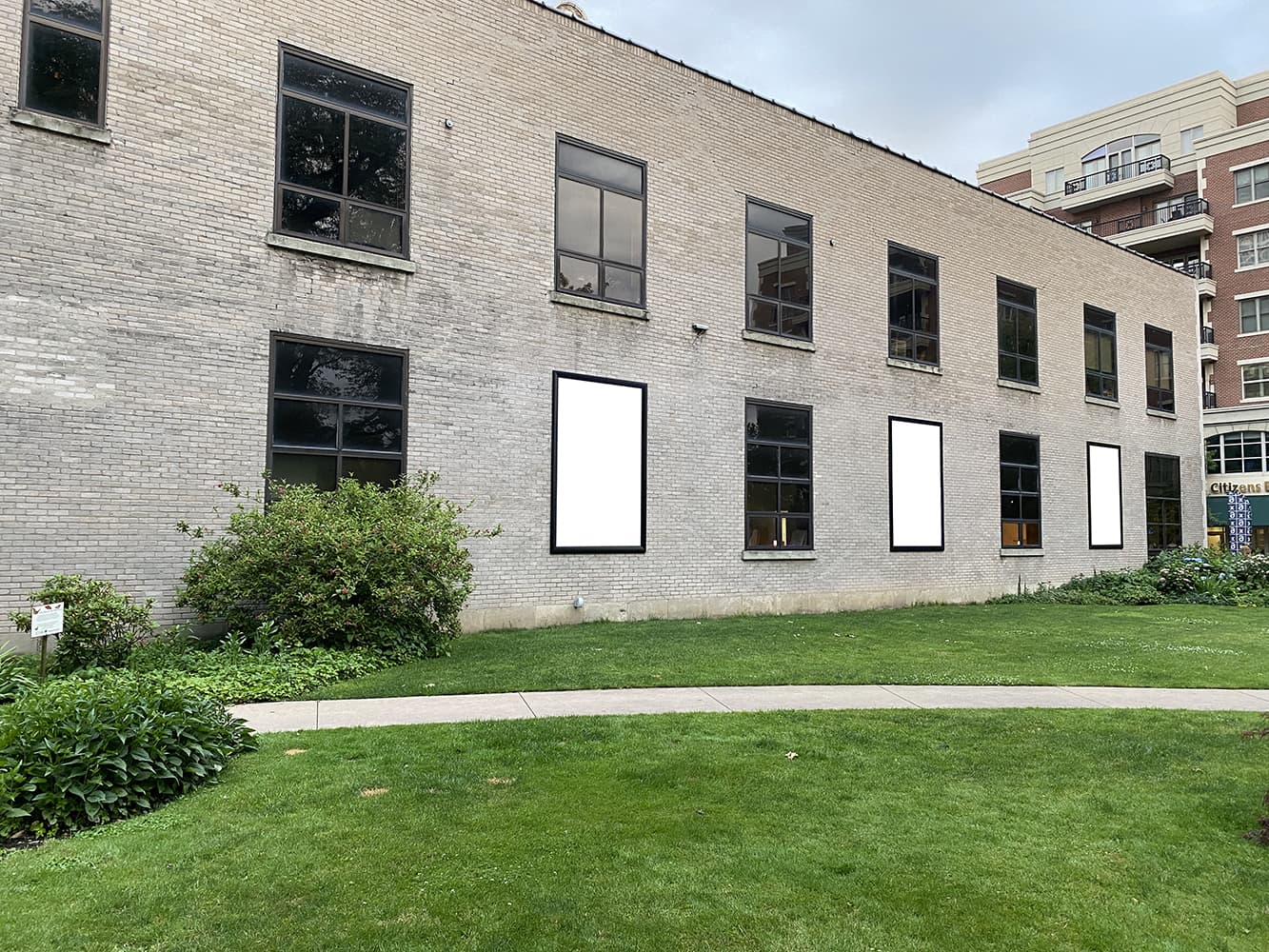April 6, 2012 - May 13, 2012
Work It presents the works of 4 artists who document and explore employment, work, and related issues. Work It also explores the local history of labor and employment law as according to a group of educators, attorneys, and labor advocates.
About the Artists
Kathryn Clark's (San Francisco, CA) foreclosure quilts are handmade maps of neighborhoods with some of the highest foreclosure rates in the United States. The project consists of maps from across the country, to demonstrate that no region is immune. The quilts are pieced together using the patterns of actual block layouts seen in the chosen neighborhood, and offer a unique labor-intensive documentation of a failing economy and housing crises.
Clarke Condé (Rochester, NY) spent 2011 documenting the men and women who work in Rochester. For each day of 2011 Condé photographed one Rochesterian doing their job, including laborers, restauranteurs, librarians, and politicians, all within the city limits of Rochester, with the goal of understanding how people make a living in this city. The resulting 365 photographs stand as a personal and intimate visual record of the people that collectively create the local economy. The complete project, Work in Rochester, is included in this exhibition. Condé also published a book as of the same name that documents his work on this project.
Morgan Craig (Philadelphia, PA) focuses his attention on the architectural relics of a bygone era. His large oil paintings explore huge, cathedral-like buildings such as factories, asylums, and hospitals in states of decay and disrepair. Not only do the paintings lament a time when the buildings were full of energy, activity, and production, but for Craig these structures have sometimes "defined a city or town, if not engulfed it." Now that they have failed, they have "turned some of these towns into nothing more than apparitions of a forgotten glory." The paintings included in Work It portray areas, stations, and expansive halls that were once teamed with workers.
Jonathan Stewart's (Irving, TX) screen-printed objects parody consumer products that we are all familiar with, yet something isn't quite right. Many of Stewart's works exaggerate one detail or part of a product to draw our attention to the place these products usually hold in our society. The pieces included in Work It use humor and satire to comment on difficult and tragic work and domestic situations that exist in our society, yet aren't often discussed. Stewart's approach to artmaking asks us, "How stupid can a product be?" Perhaps he is also asking, "How oblivious are we?"


